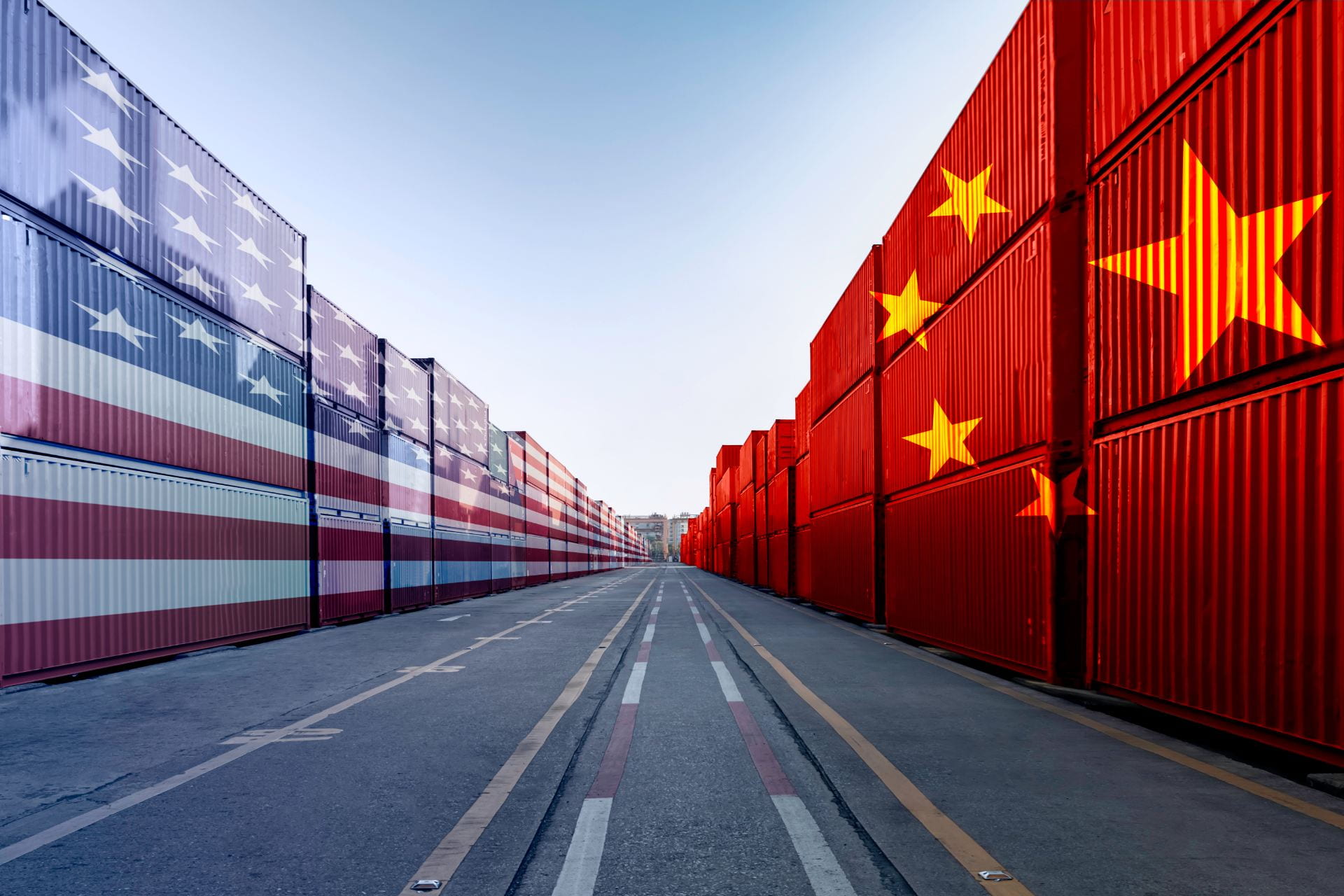U.S.-China relations are increasingly tense. But both countries need to forge a path that allows for cooperation and competition — Coexistence 2.0. Join us as top experts discuss the way forward.
The U.S.-China relationship is the most important in the world, with decisions affecting the world’s chances for global peace, prosperity, and sustainability. Each country has its own view of what its role, and the other’s role, in the world should be in the 21st Century. These views are not entirely in sync. This has created tensions, and could become more destabilizing. However, it’s in the interests of both countries to find a way forward together that leaves room for cooperation, competition, perhaps even confrontation, without leading to war — Coexistence 2.0, a more complex and engaged form of coexistence than the United States had with the Soviet Union in the last century.
Major questions framing what is possible include what China wants, how China’s domestic realities affect President Xi Jinping’s dream of “rejuvenating” China and, the actions he can take at home and abroad, how much and in what ways the United States and its allies can influence Beijing’s decision-making, and what greater global forces and trends are at play, affecting what the United States, China, or the two of them together, can do or might want to do.
This symposium aims to provoke thought on these questions, and to deepen understanding of the U.S.-China relationship. The conference is co-presented by the Harvard University Fairbank Center for Chinese Studies and the Harvard Kennedy Rajawali Foundation Institute for Asia, with support from the Asia Society’s Center on U.S.-China Relations and UC San Diego’s 21st Century China Center.
